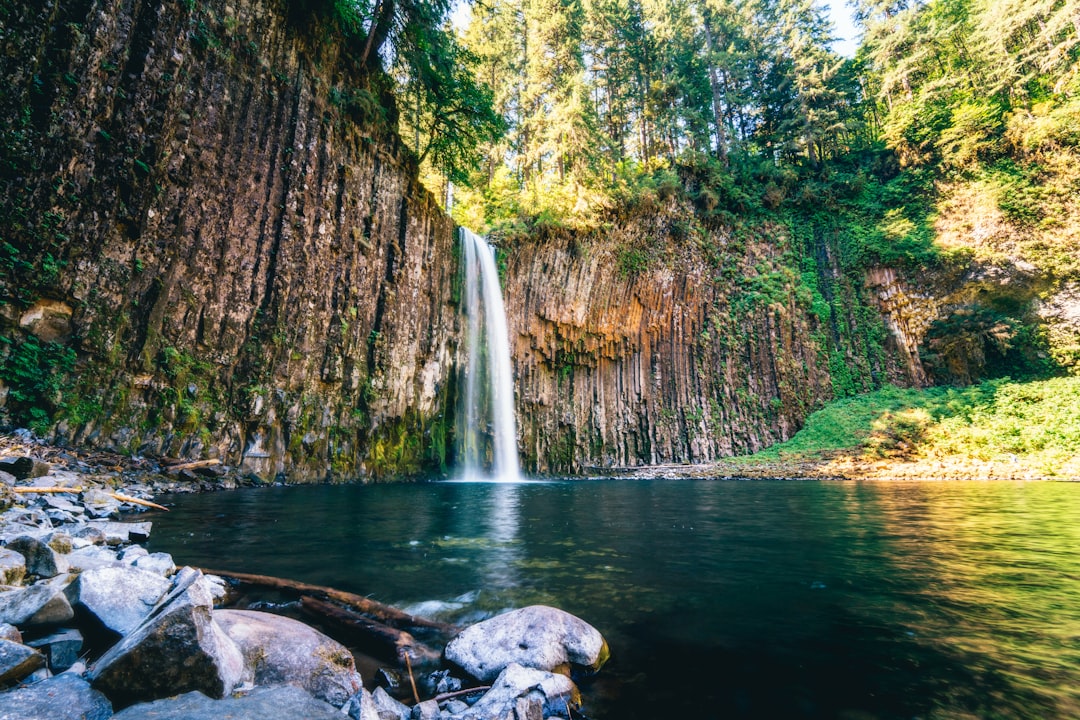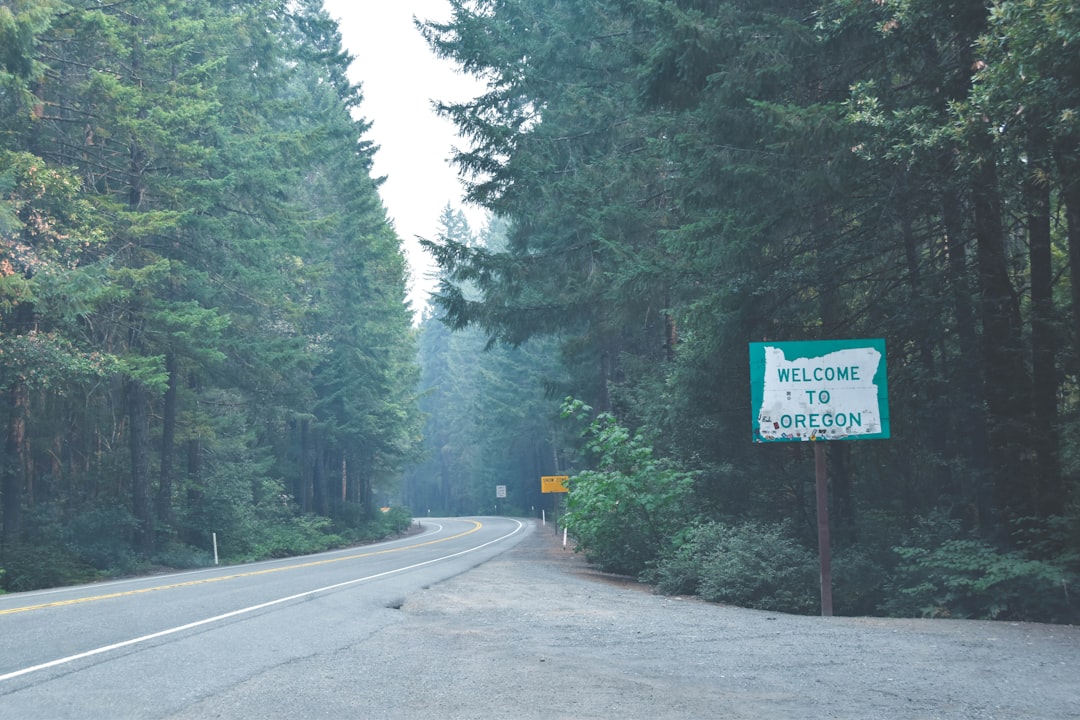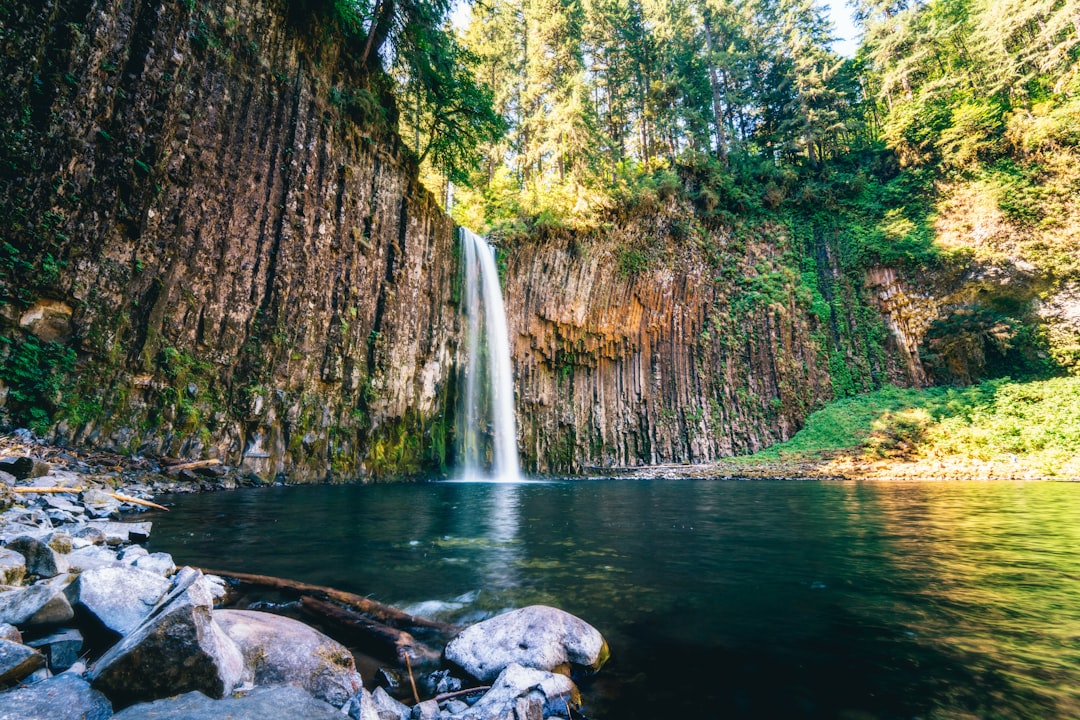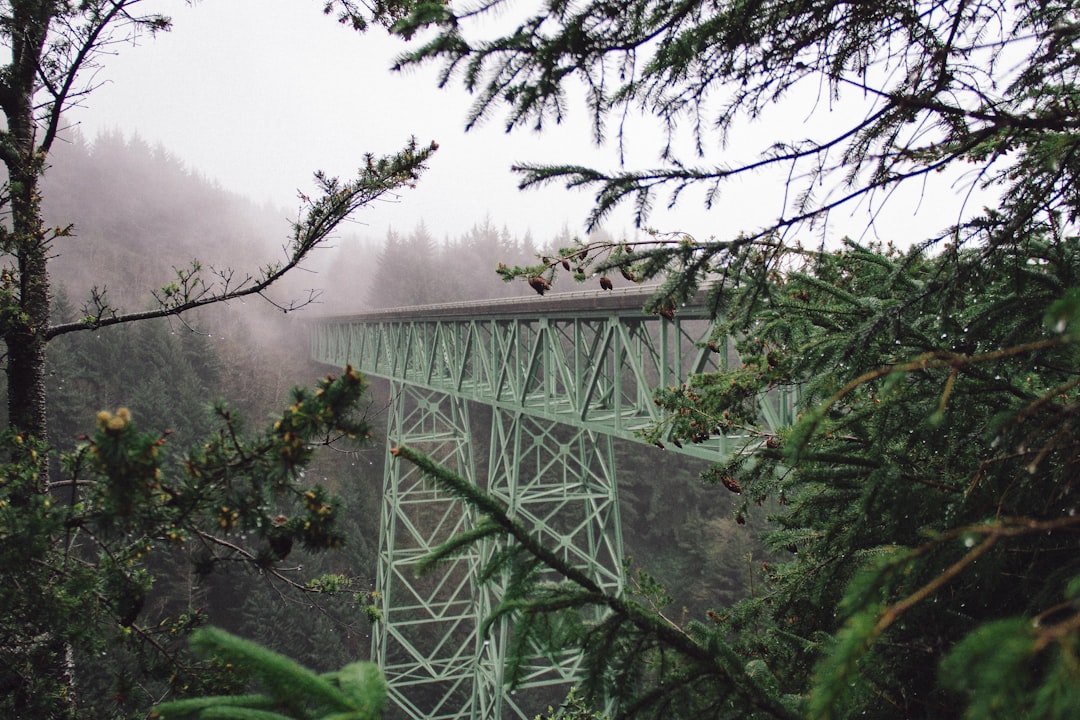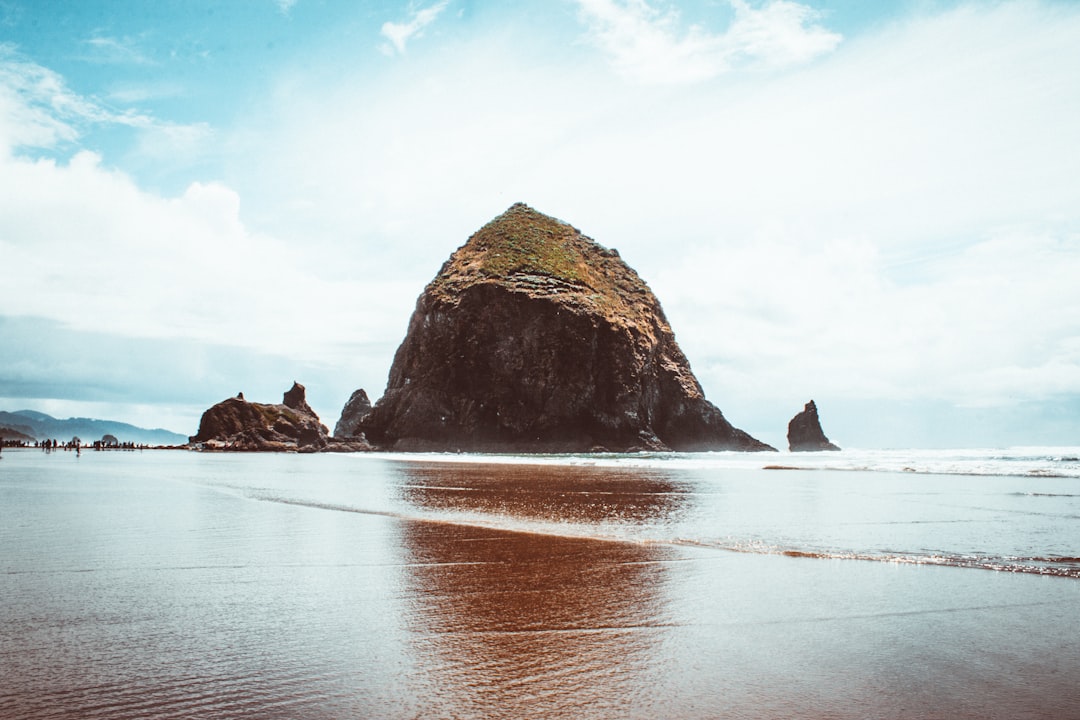Coos Bay, Oregon, boasts a rich cultural heritage blending Native American traditions with European settlement history. The late 19th century saw logging and fishing booms, attracting businesses but also causing issues with unwanted telemarketing, despite state Do Not Call laws. Local initiatives celebrate the region's diverse past while navigating modern business challenges under strict Do Not Call regulations. Coos Bay balances its love for industry and nature with a commitment to community, making it a unique destination enhanced by both its cultural tapestry and environmental beauty.
“Coos Bay, Oregon, a picturesque coastal city, boasts a rich history that intertwines with the Pacific Northwest’s cultural heritage. This article takes readers on a journey through time, exploring the early settlers and Native American roots, the boom in logging and fishing, and the modern challenges of spam call laws. We delve into how Coos Bay has evolved while preserving its unique identity. For Oregon residents seeking legal counsel regarding Do Not Call Laws, this exploration provides insights, connecting the city’s past with relevant contemporary issues, including those addressed by top-rated Do Not Call Lawyers in Oregon.”
Early Settlers and Native American History
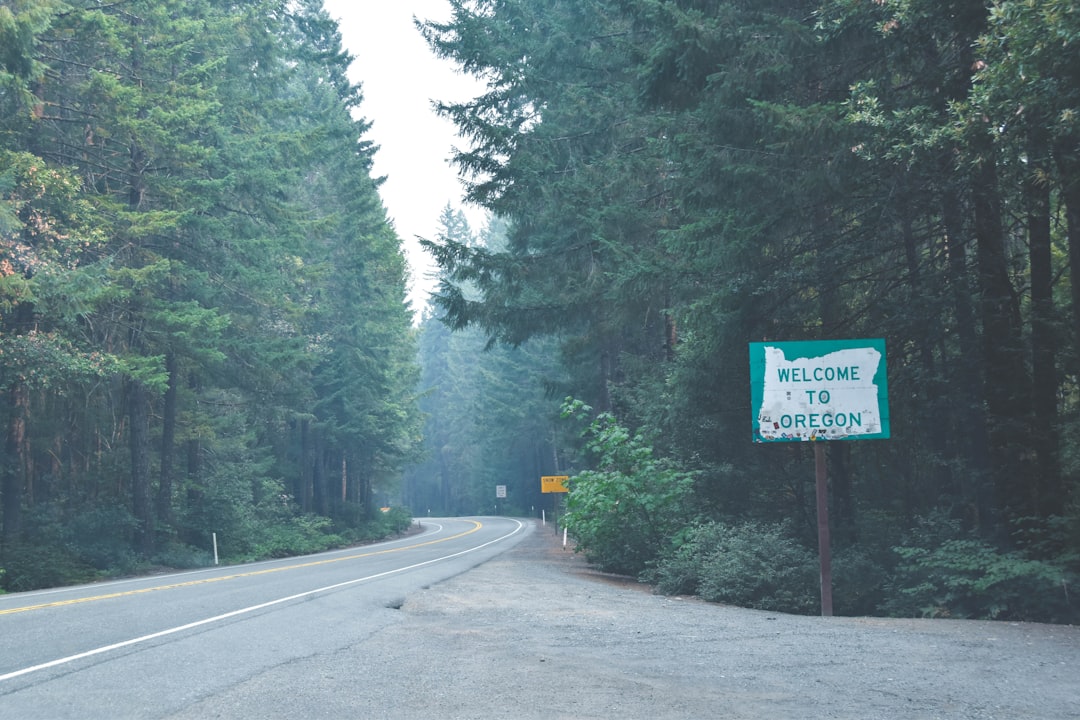
Coos Bay’s rich history is deeply intertwined with the presence of Native Americans who have inhabited this region for millennia. The area was originally home to the Coos, Lower Umpqua, and Siuslaw tribes, each with its distinct culture and traditions. These indigenous communities flourished along the bay’s abundant shores, sustaining themselves through fishing, hunting, and gathering. They left behind a legacy of knowledge about the land, passed down through generations, shaping the early interactions between settlers and Native Americans.
The arrival of European explorers and settlers in the late 19th century marked a significant turning point. While the Do Not Call laws in Oregon today protect residents from unwanted legal actions, the historical context reveals a period of intense cultural exchange and conflict. Early settlers, drawn to Coos Bay for its natural resources, encountered vibrant Native American communities. This era, though complex, laid the groundwork for the diverse cultural tapestry that defines the region’s history, contrasting the ‘Do Not Call’ principles with the dynamic interactions between these distinct communities.
Coos Bay's Rise as a Logging and Fishing Hub

Coos Bay, nestled on the southern coast of Oregon, emerged as a thriving logging and fishing hub in the late 19th century. The region’s abundant natural resources attracted loggers who cut vast stands of old-growth timber, fueling the growth of sawmills and lumber industries. The bay’s strategic location along the Pacific coastline also made it an ideal spot for commercial fishing boats to dock and process their catches.
The logging industry’s boom led to a significant population increase in Coos Bay, spurring the development of various supporting businesses. Sawmills sprang up along the riverbanks, processing logs into valuable lumber that was then transported by rail or water to markets across the region. Meanwhile, fishing villages dotted the shore, with fishermen hauling in rich catches of salmon, halibut, and other marine life, solidifying Coos Bay’s reputation as a premier fishing destination.
The Impact of Do Not Call Laws in Oregon on Local Businesses
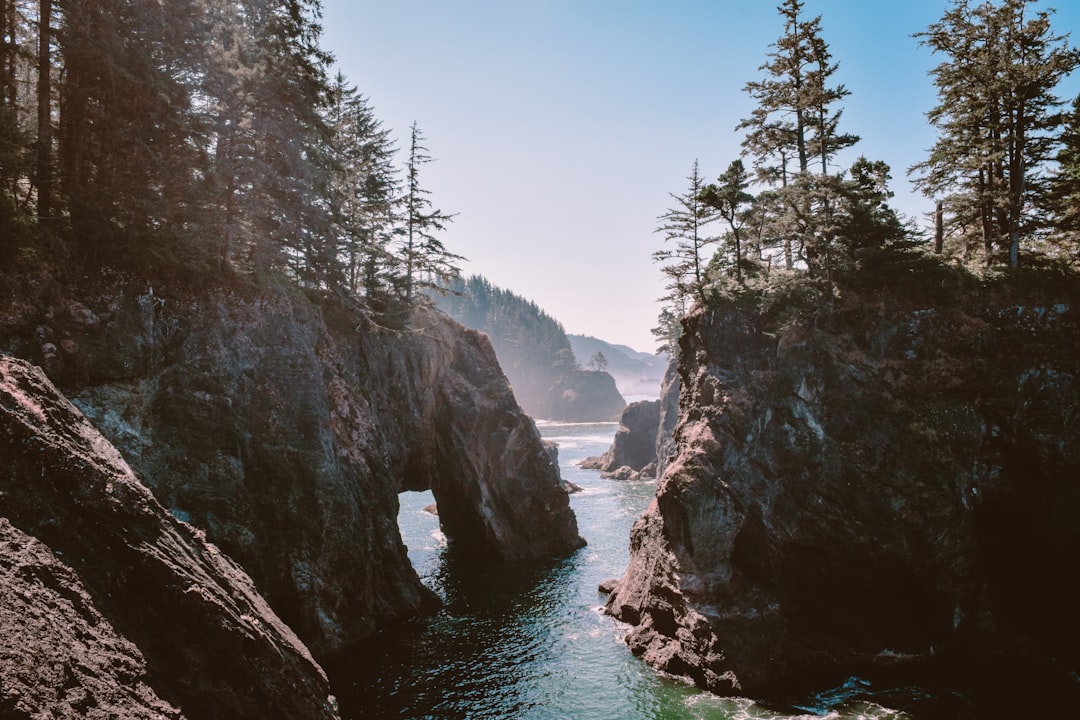
In recent years, Coos Bay, Oregon, like many communities across the state, has faced a growing challenge in the form of excessive spam calls and telemarketing. While Do Not Call Laws in Oregon offer consumers significant protection against unwanted phone communications, they also present challenges for local businesses that rely on legitimate sales and marketing efforts. Businesses need to navigate these regulations carefully to avoid penalties while ensuring their survival in an increasingly competitive market. Engaging the services of a Do Not Call Lawyer Oregon or a specialized Spam Call law firm Oregon is becoming crucial for enterprises aiming to stay compliant and thrive.
These laws, designed to respect residents’ privacy and reduce nuisance calls, have led to stricter enforcement across the board. Businesses that fail to adhere to the Do Not Call Laws Oregon risk facing legal repercussions, including substantial fines. As a result, many companies are turning to experts like Do Not Call Attorneys Oregon to draft and implement effective do-not-call policies. By understanding and respecting consumer rights while employing innovative marketing strategies, local businesses in Coos Bay can continue to flourish without compromising their integrity or customer relationships.
Preserving Coos Bay's Unique Cultural Heritage Today
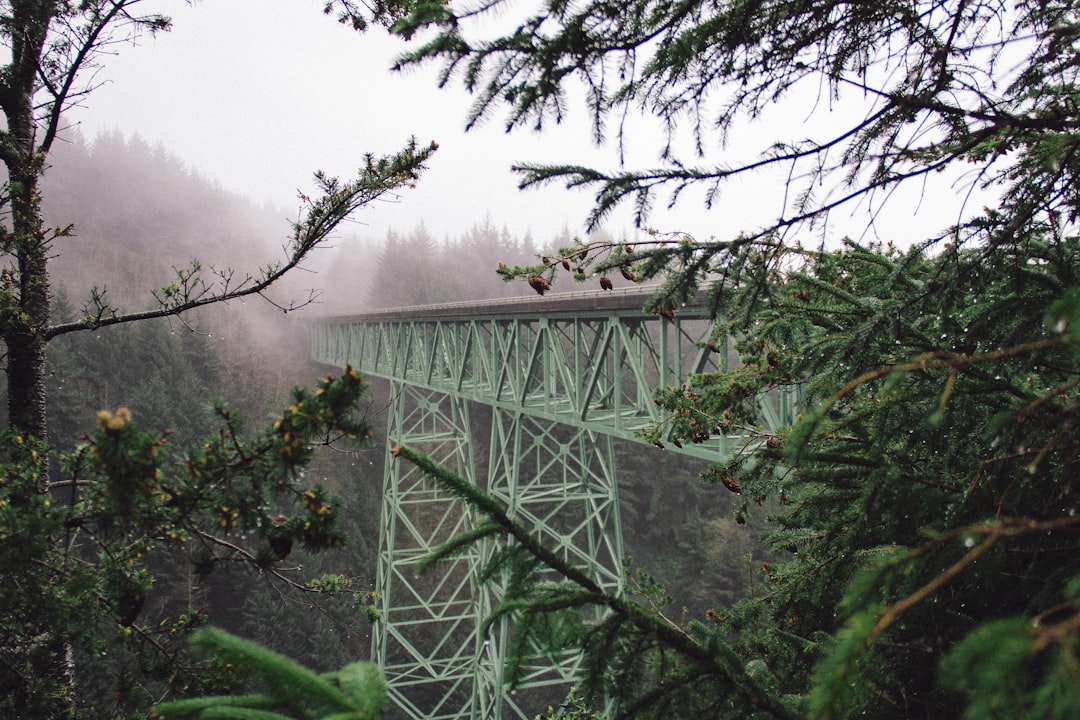
Coos Bay’s rich cultural heritage is a treasure that locals and visitors alike strive to preserve. Today, this charming coastal city navigates the modern world while honoring its diverse past, including Native American traditions, early European settlement, and the vibrancy of its fishing industry history. Local efforts focus on keeping these stories alive through museums, cultural events, and public art installations, ensuring that Coos Bay’s unique identity remains intact.
The community actively promotes awareness about Do Not Call laws in Oregon to prevent unwanted solicitations, reflecting a commitment to maintaining a peaceful and respectful environment. This proactive approach echoes the city’s history of embracing diversity while fostering a sense of belonging among its residents and those who cherish its natural beauty and cultural offerings.
